The recent advances in modern signal processing techniques have improved the accuracy and reliability of medical diagnoses. The most recent trends in data-based diagnostic tools include three principal keywords: big-data, multichannel analysis and radiomics. The main goal is the ability of processing larger and more heterogeneous information, which is extracted from high-dimensional digital data, to solve more and more complex diagnostic problems.
Our research group is focused on the development of new theoretical frameworks and innovative algorithms applied to biomedical signals, motivated by the concept that the analyzed signals contain information that reflects underlying pathophysiology and that these relationships can be revealed via quantitative signal analysis.
Carotid-Femoral Pulse Wave Velocity analysis from Laser Doppler Vibrometer Signals
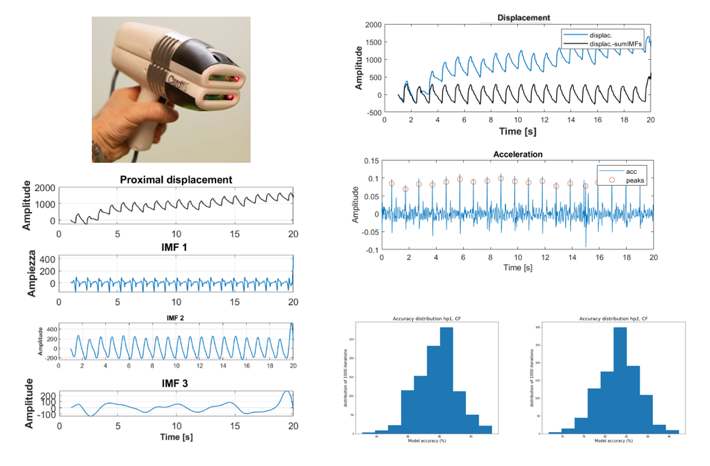
EEG signal decomposition in sleep analysis
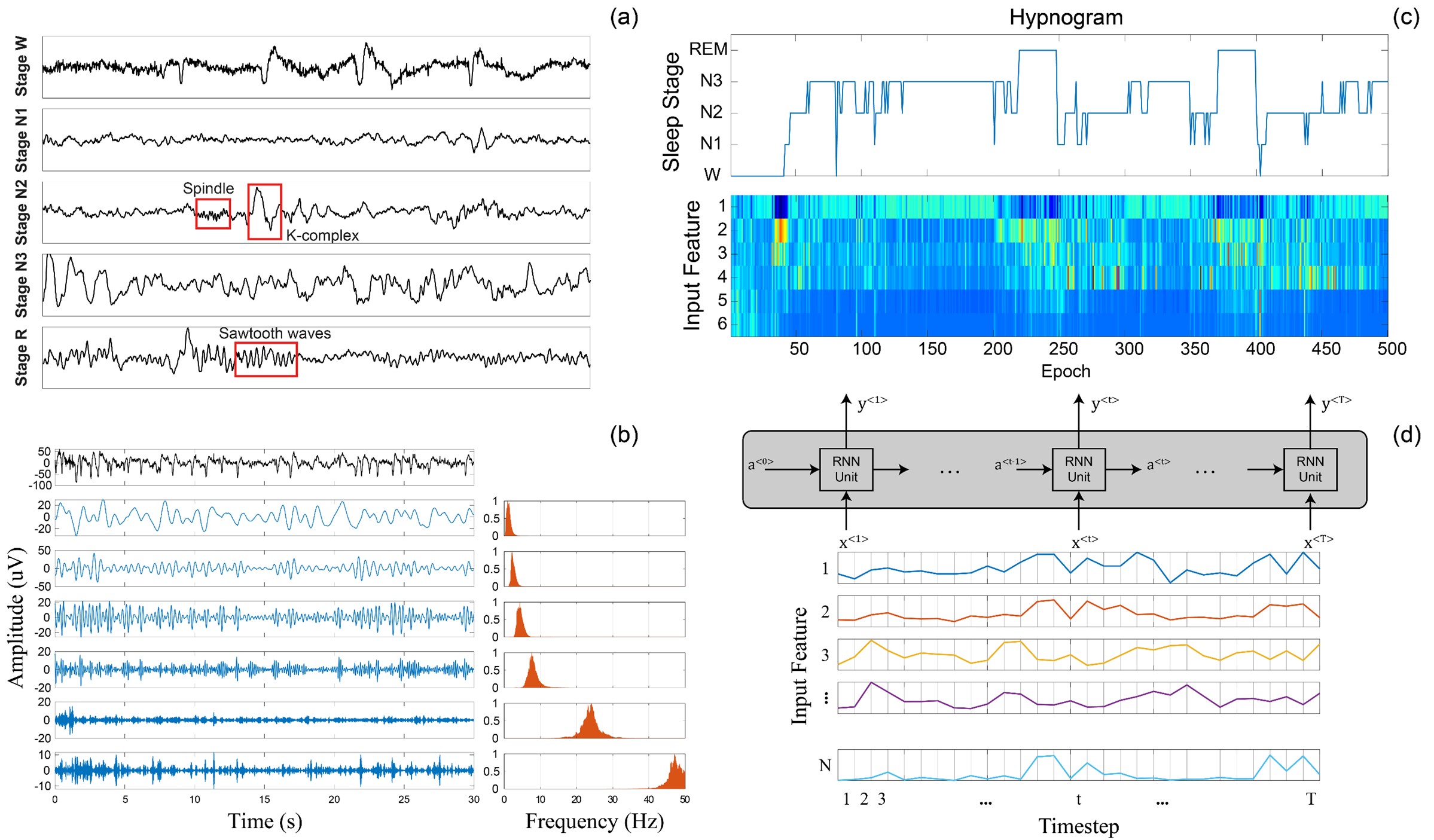
Effects of bilateral sub-thalamic nucleus deep brain stimulation on gait in patients affected by Parkinson's disease
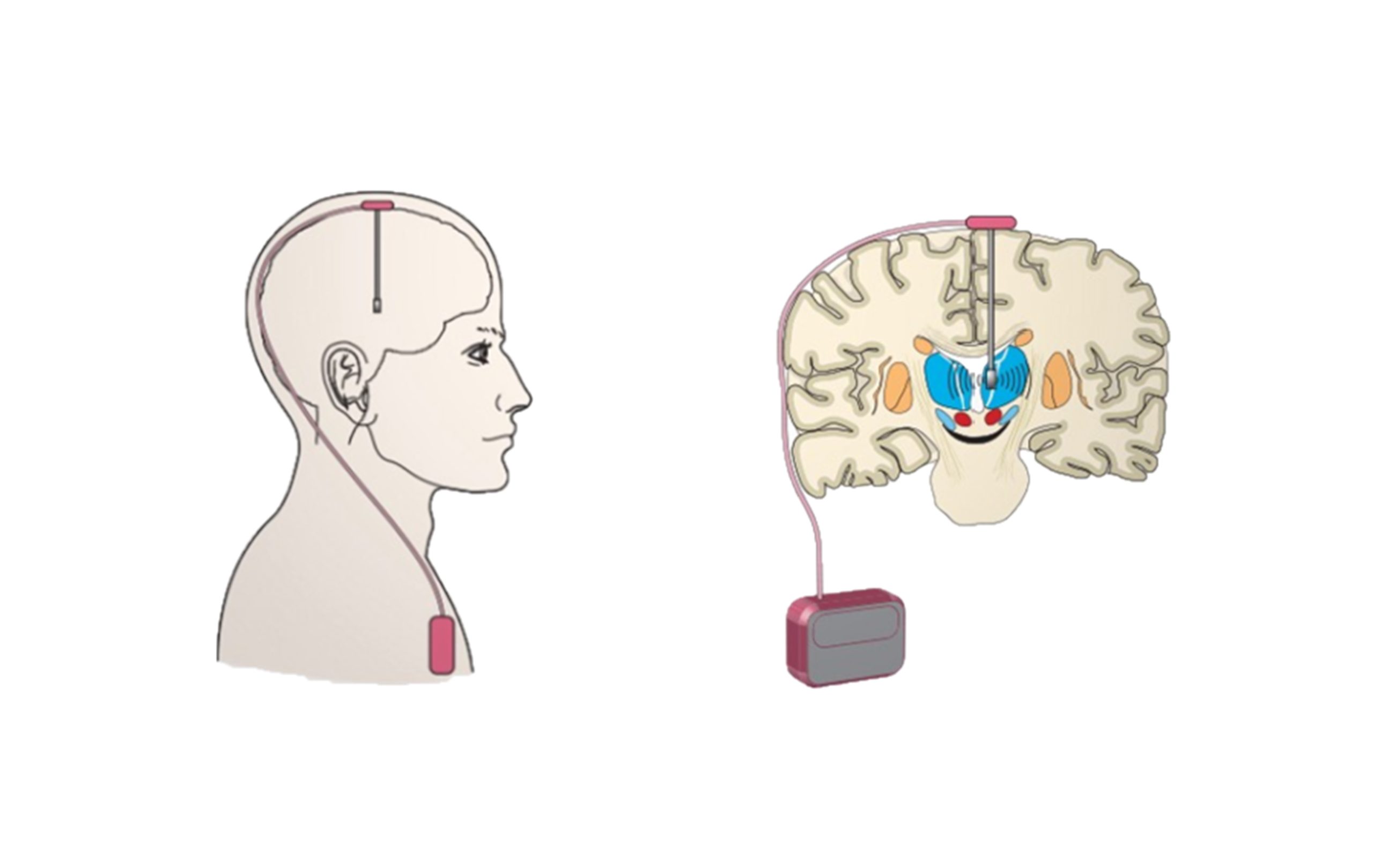
Innovative techniques for ultrasound beamforming
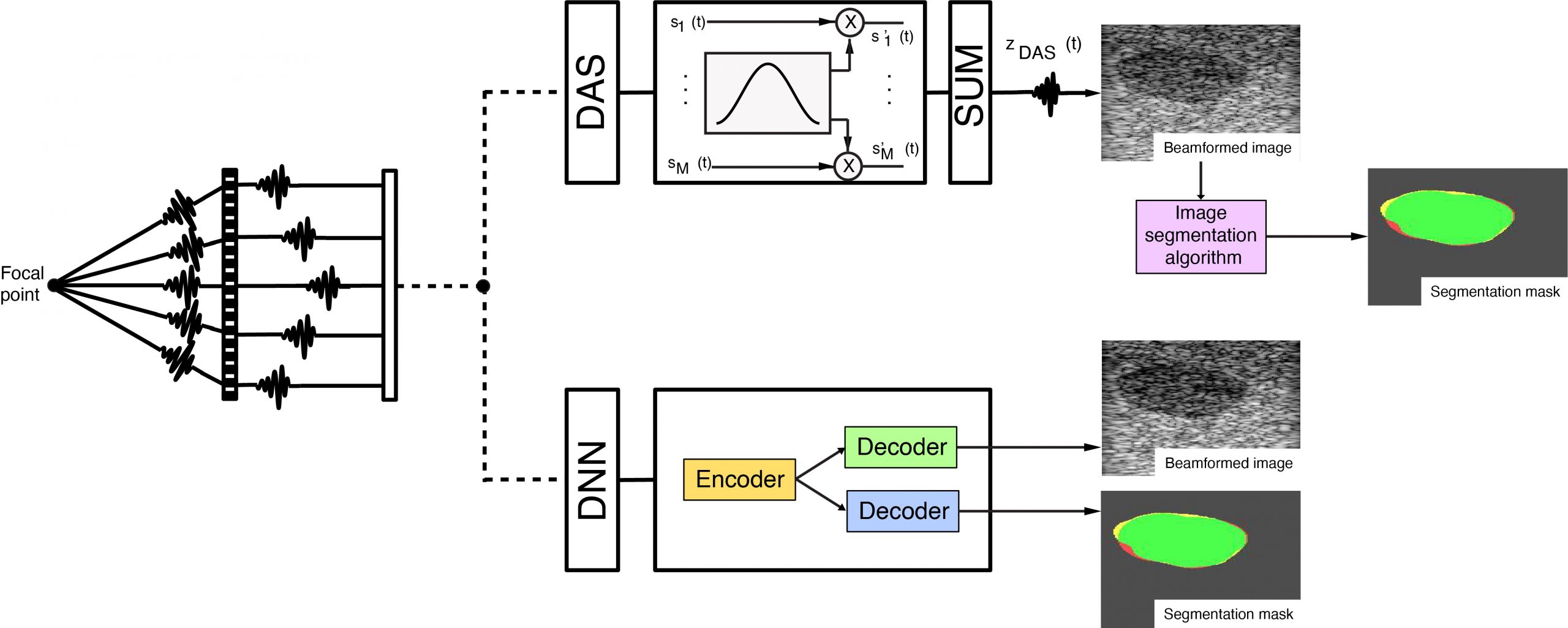
Monitoring of daily living activities through MIMU system: functional reach to grasp

Muscle synergy assessment during cyclic and non-cyclic movements
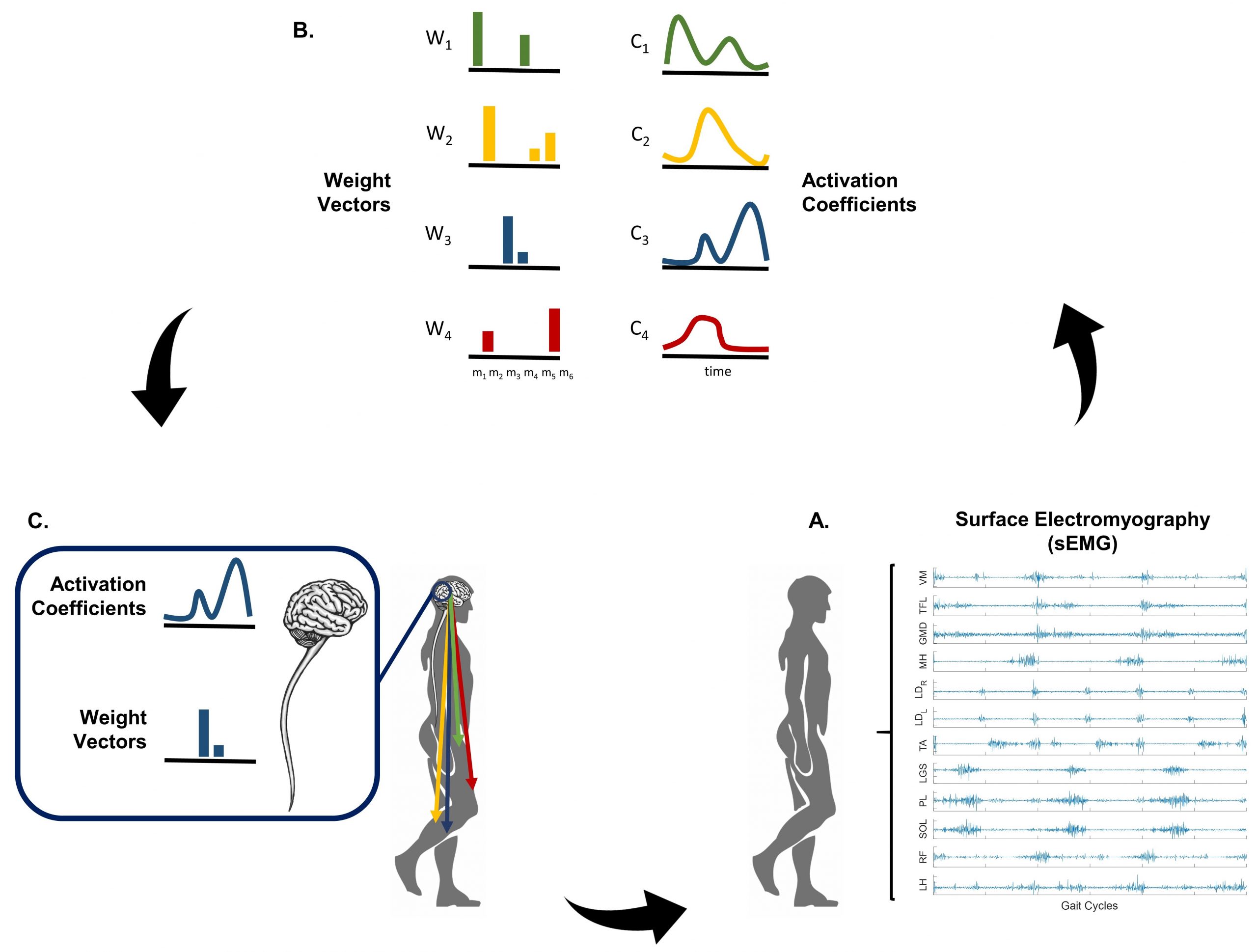
Non-invasive analysis of actinic keratosis using Near-Infrared Spectroscopy
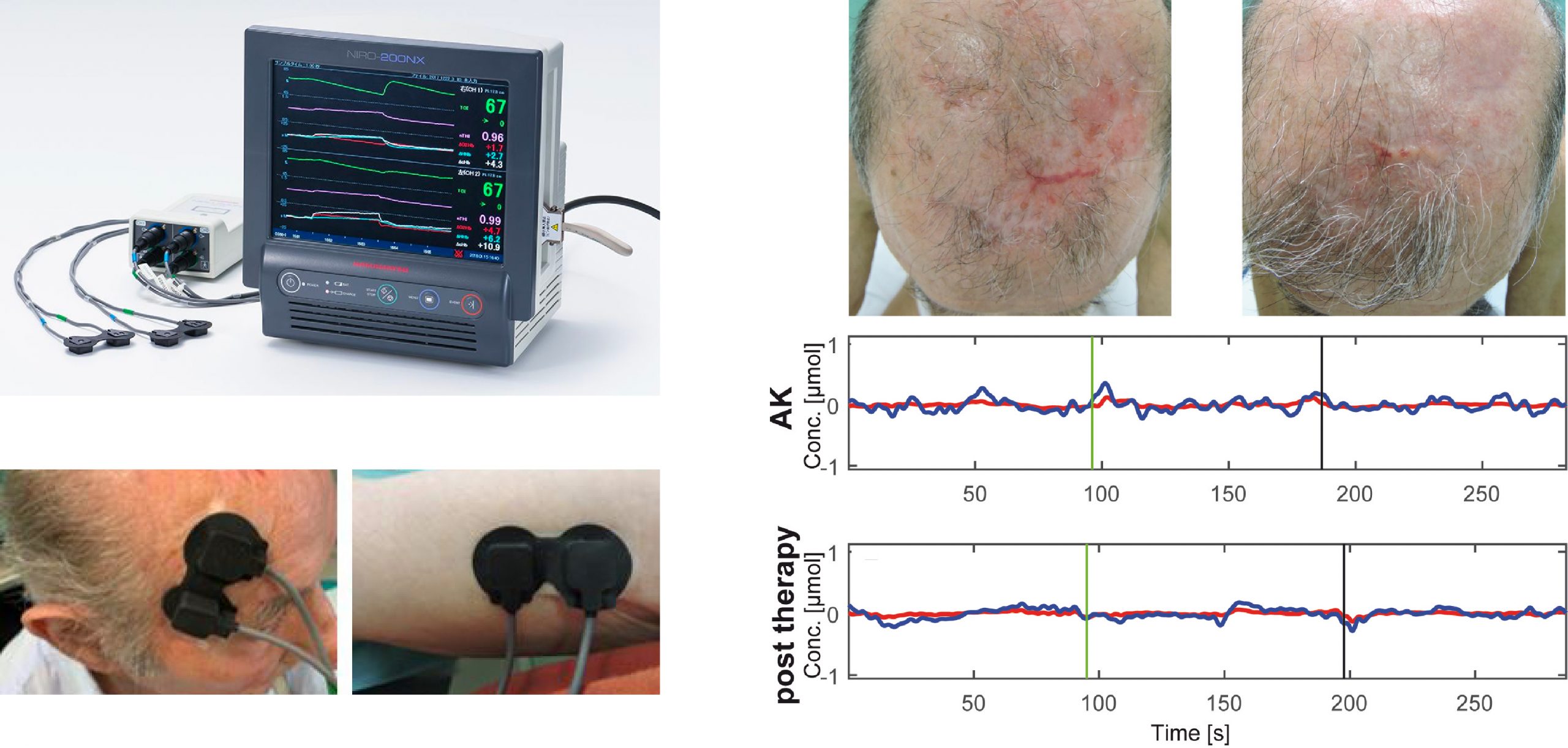
Quantitative analysis of ECG patterns in Brugada Syndrome
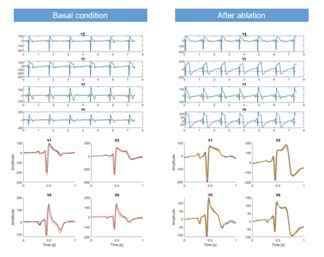
Statistical gait analysis
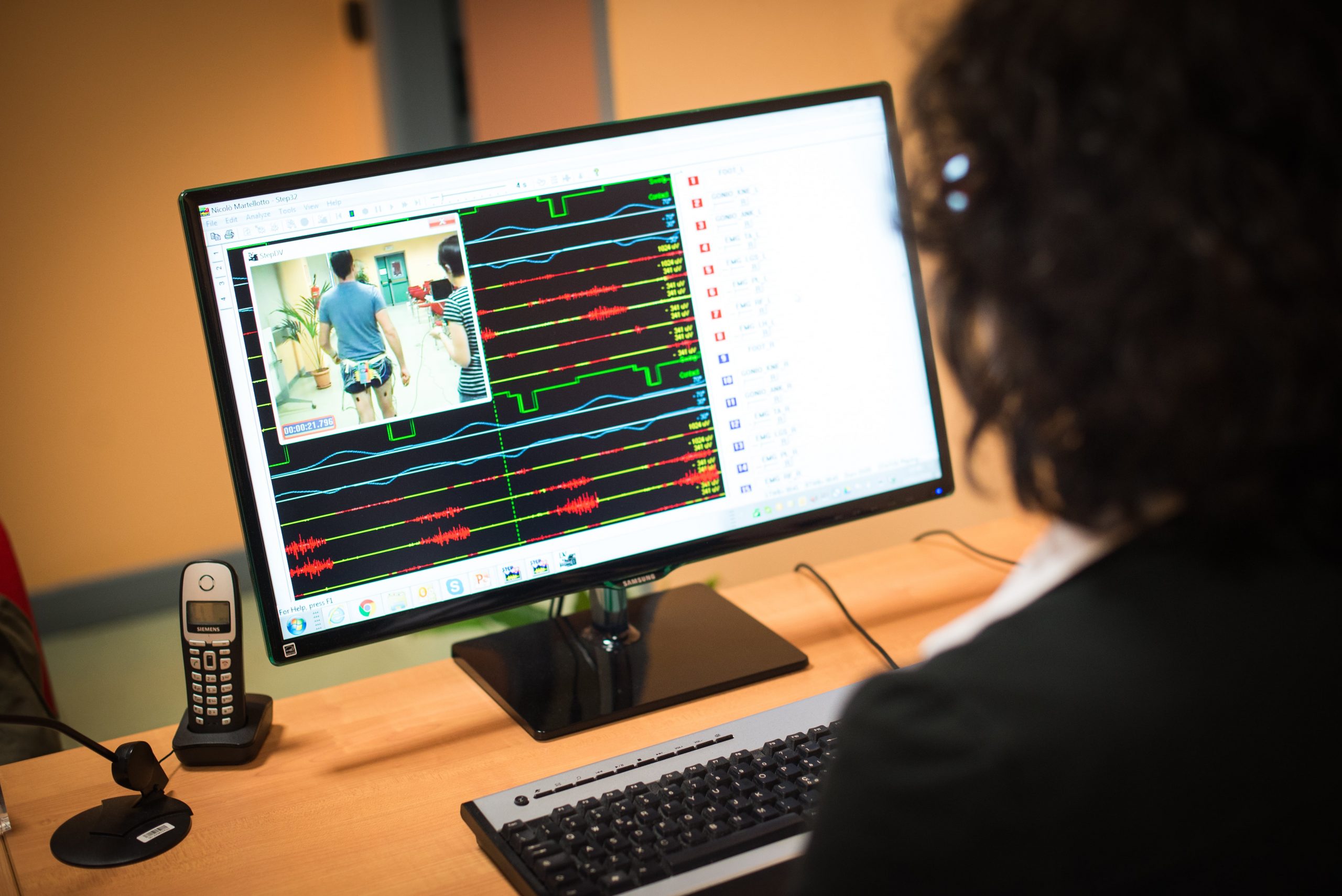
The impact of ultrasound beamforming techniques on image processing algorithms
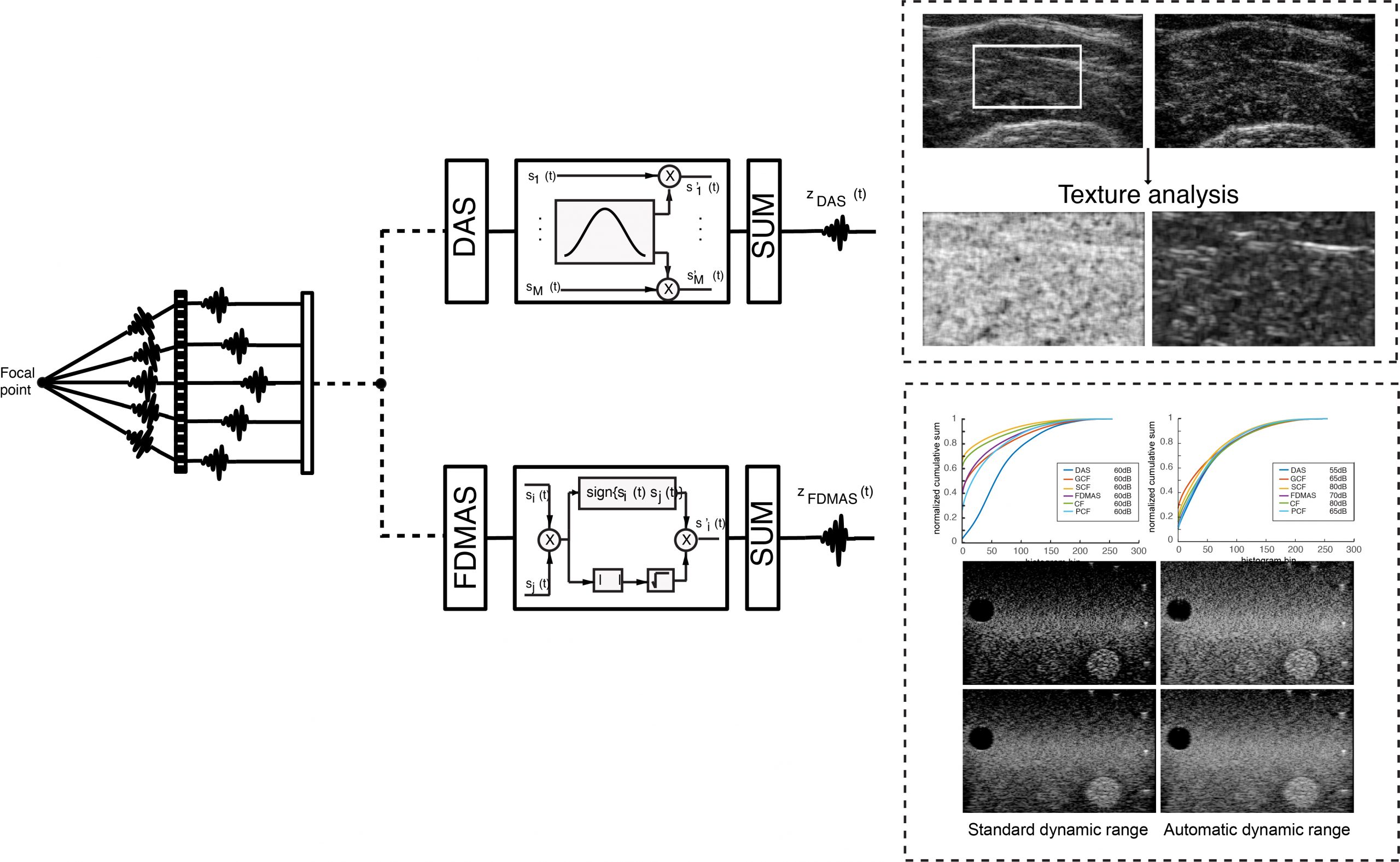
SEARCH
NEWS
- Premi GNB 2024 – Gruppo Nazionale BioIngegneria May 1, 2024
- XXIV Congresso Nazionale SIAMOC 2024 April 23, 2024
- 9th International Summer School on Neuroengineering ‘Massimo Grattarola’ – Neuroengineering for health and disease: a multi-scale approach March 13, 2024
- XLII Annual School 2023 – Registration is open June 8, 2023
- Premi GNB 2023 – Gruppo Nazionale Bioingegneria April 17, 2023
RECENT PUBLICATIONS
-
A comparative study of muscle activity and synergies during walking in baboons and humansFebruary 24, 2024/0 Comments